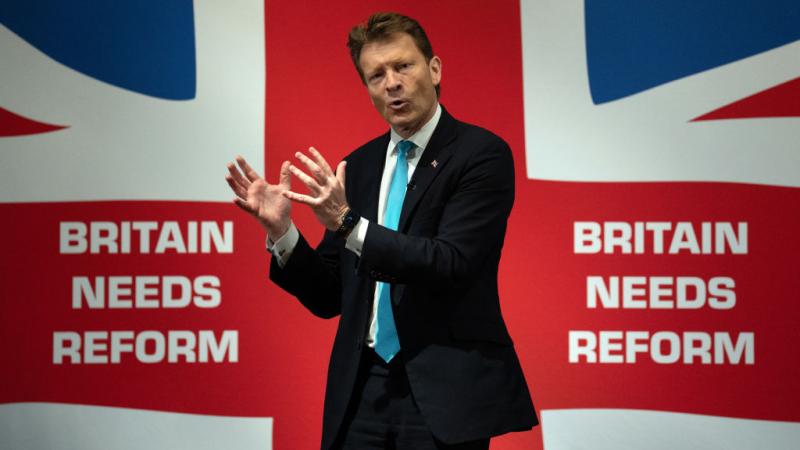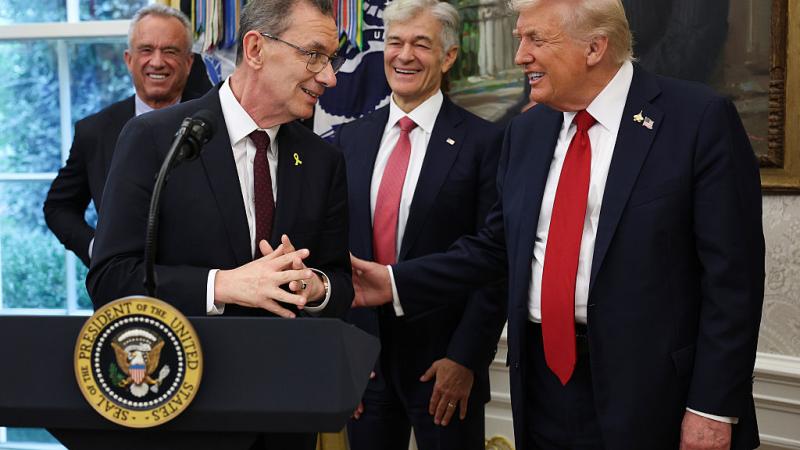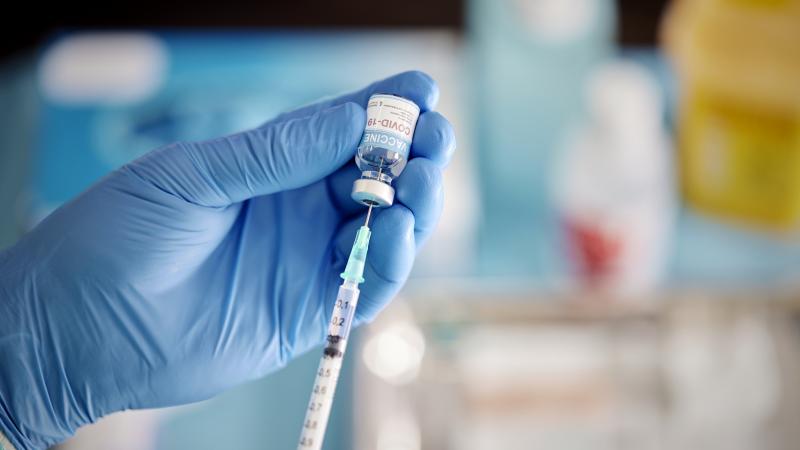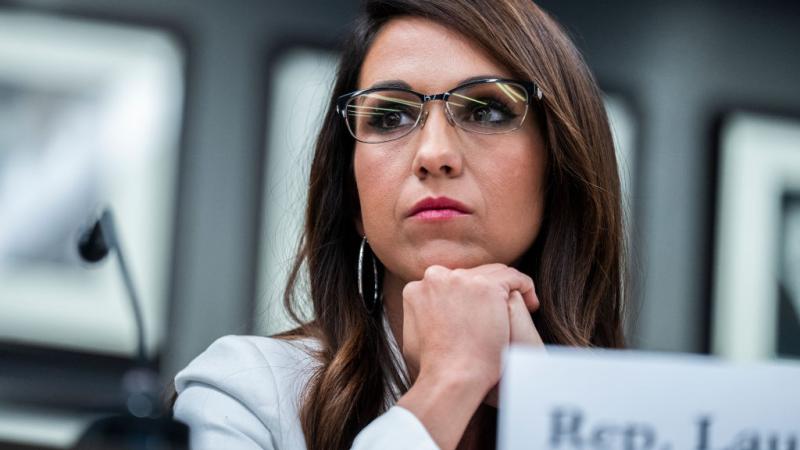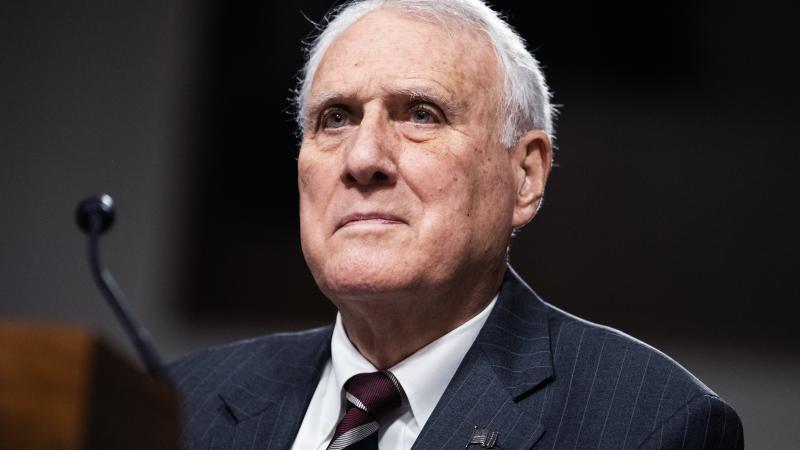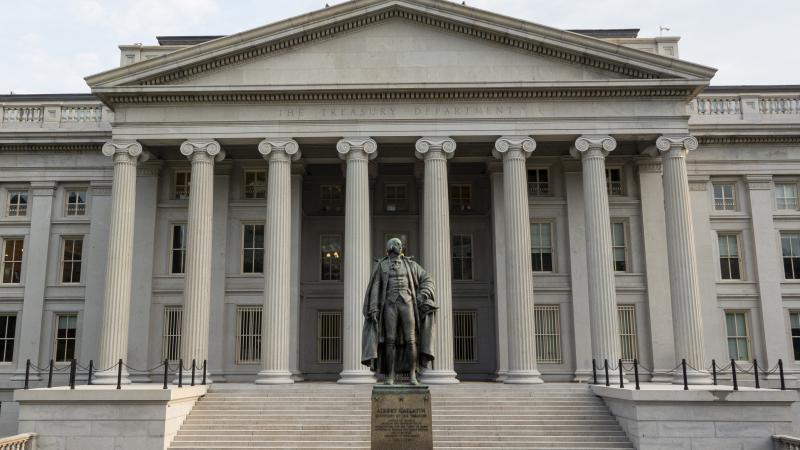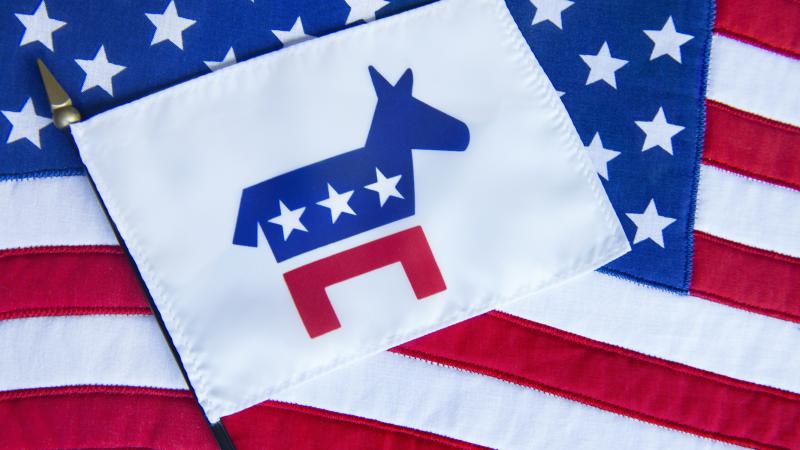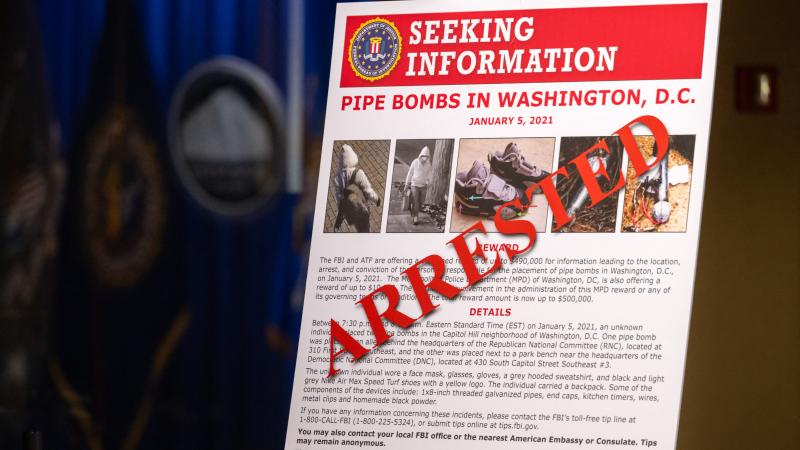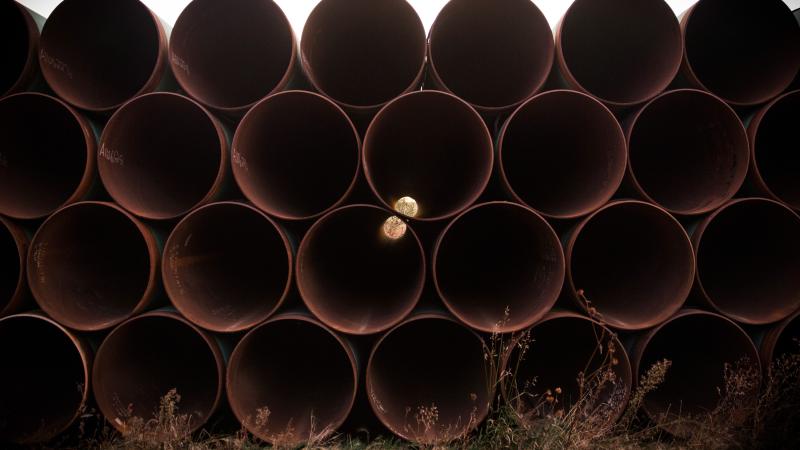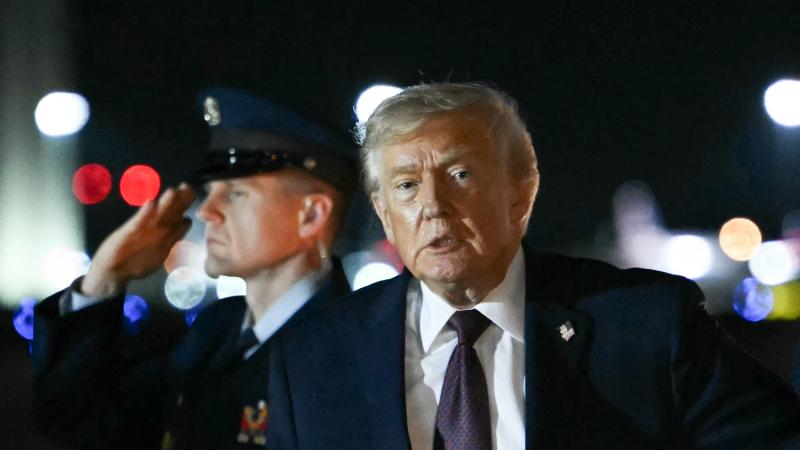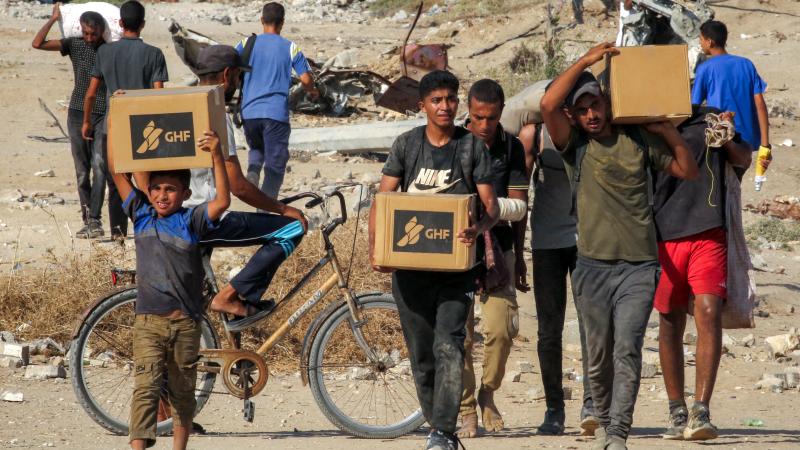Coronavirus: Heroes & Villains
A lethal pandemic and economic shock have brought out the best in us ... and the worst.
HEROES
Medical Volunteers — Around the country, doctors and nurses have been coming out of retirement or traveling from home to a hot spot to fight the virus. With New York as the epicenter of the disease, Governor Andrew Cuomo put out a special appeal, and as of April 8, 90,000 doctors and nurses had offered their services
Dr. Deborah Birx — The White House’s Coronavirus Response Coordinator emerged as an unexpected star of the president’s daily briefings because of her diplomatic manner, clear delivery, balanced assessments — and wardrobe of colorful scarves.
Vaccine makers — A world-wide race is on. Early out of the gate is the University of Pittsburgh’s medical school which announced April 2 that their doctors may have found “a potential vaccine against SARS-CoV-2,” aka COVID-19. The vaccine has so far neutralized the virus in mice. Now it’s on to human testing, which Pitt hopes the FDA will allow them to fast-track. If it’s successful in humans, doctors say the vaccine could be ready for “global distribution in time to significantly impact the spread of disease.”
Robert Kraft — The owner of the New England Patriots football team used the Patriots’ private plane to pick up 1.2 million N95 masks in China and distribute them to stressed institutions in Massachusetts and New York. Getting it done involved navigating a “dense global bureaucracy that the pandemic has virtually paralyzed,” according to the Wall Street Journal. “I’ve never seen so much red tape in so many ways and obstacles that we had to overcome,” Kraft told the Journal. Other mask distributors include former California governor Arnold Schwarzenegger, who donated $1 million in masks and PPE to doctors, nurses, and medical workers on the front lines at Los Angeles hospitals, and former Patriot Rob Gronkowski and his girlfriend, who donated 10,000 masks each to Boston Medical Center and St. Joseph's University Medical Center in New Jersey.
Mike Lindell — Finding his huge fleet of pillow salesmen sidelined by retail lockdowns, and looking for a way to help the country, the entrepreneur revamped one of his pillow factories to make cloth face masks which he is donating where there is need. The inventor of MyPillow has turned 90% of his production over to face masks and is currently producing 50,000 masks a day. The first recipient was a nursing home in Lindell’s home state of Minnesota, which was given 660 masks on March 31.
Sheldon Adelson — The billionaire casino mogul and philanthropist is continuing to pay his 10,000 employees “as though they were still working,” even though his resort hotels have been shuttered by the virus. “I hope to do that right up until the time that we can reopen our businesses,” he wrote in the New York Post. Adelson also bought two million face masks from China, which will be distributed via the Project Airbridge public/private partnership.
Cellex — The North Carolina-based biotech company has received Emergency Use Authorization from the FDA for its COVID-19 antibody test. The presence of antibodies in an otherwise healthy person can indicate that a person has been infected by the virus and recovered. Current thinking is that antibodies confer immunity to reinfection, so an antibody test could be very useful in screening for who gets to go back to work
Teva Pharmaceuticals — The Israel-and New Jersey-based drug maker pledged to donate six million doses of the promising COVID-19 virus treatment hydroxychloroquine sulfate to U.S. hospitals by March 31.
Curtis Sliwa — Though he is 66 years old with multiple “underlying conditions” caused by gunshot wounds and would seem to be at extremely high risk for infection, Guardian Angels founder Curtis Sliwa has turned his attention to New York City’s mentally ill homeless, who are still sleeping in subway trains, on sidewalks, and in the corridors of Penn Station. With most of the city on lockdown, this fragile population, who ordinarily subsist on spare change, are literally starving, so Sliwa and his Angels are distributing food — on condition that they first wash their hands with alcohol solution.
Justin Verlander/Kate Upton — In an April 4th Instagram post, the Houston Astros pitcher announced that he will donate his paychecks during this suspended Major League Baseball season “to a different organization each week.” He and wife Kate Upton say they “hope to contribute to the families and jobs affected, the healthcare workers and first responders on the front lines and the many others in need of basic necessities, medical supplies and support at home.”
VILLAINS
Vigilantes — Some Americans are letting panic overwhelm reason and fairness. In Maine, for example, self-nominated quarantine enforcers chopped down a tree to barricade a man and his two male roommates (who’d come to the area in September to work construction) inside their rented home because they believed, based on New Jersey license plates on the car outside, that they had coronavirus. It turned out the man had been on the island for nearly a month, and his two roommates were not even from New Jersey. State legislator Genevieve McDonald took to Facebook to lecture constituents about the folly of “targeting people because of their license plates ... and wasting the time of our first responders.”
China’s Wet Markets — They specialize in live, wild — often endangered — exotic animals like bats and pangolins (a type of scaly ant-eater.) Having the animal killed in front of you is part of the service, and it’s tortured a little first to bring on an adrenaline surge believed to improve the meat’s flavor. Coronaviruses are “zoonotic,” meaning they jump from animals to humans. SARS-CoV-2 (the virus causing the disease COVID-19) may turn out to have originated in a Chinese wet market, like its cousin SARS-CoV-1, the virus which caused the SARS epidemic of 2003.
Kennedy Center for the Performing Arts — The arts center lobbied hard for part of President Trump’s first coronavirus stimulus package, was accordingly allotted $25 million, and promptly proceeded to tell 200 employees to brace for layoffs, pay cuts, and furloughs on March 29, one day after the stimulus was announced. According to the American Federation of Musicians’ Washington, D.C. local, “Kennedy Center President Deborah Rutter then abruptly advised the musicians of the National Symphony Orchestra that pay checks would stop [April 3]” and not restart until the venue reopens. Angry backlash included a bill in the House to rescind the $25 million and, on April 6, a blistering tweet from Democratic Rep. Eleanor Holmes Norton, D.C.'s non-voting member of the House: "The Kennedy Center got the money but not the message: Pay people — musicians and staff. Not your call to pick priorities over people." The following day the arts institution, best known nationally for the Kennedy Center Honors, beat a retreat, reaching agreement on a new contract with the orchestra that keeps the musicians employed.
CBS News — CBS scored with the online headline, “Arizona man dies, wife ill after taking drug touted as virus treatment: ‘Trump kept saying it was basically, pretty much a cure.’” It’s a triumph of insinuating juxtaposition: The couple drank fish tank cleaner because they recognized some of the ingredients from TV. Trump has not touted fish tank cleaner as a cure for anything. He has been very optimistic about the prospects for hydroxychloroquine, which shared ingredients with the household cleanser, as a treatment for COVID-19.
Busybodies — Apparently too virus-panicked to put on a mask, go outside and talk to their neighbors directly, these vigilante-lite types just bog down their local police stations with reports of real or imagined crimes against social distancing. The BBC reported that one Northamptonshire station was receiving “dozens and dozens” of calls a day. Officer Nick Adderly reported complaints like, “I think my neighbor is going out on a second run — I want you to come and arrest them,” while another caller wanted to know what to do about his wife who had decided her job was “non-essential” and was working from home. “I’m sure it’s essential,” the caller said. “What can I do?”
The World Health Organization — As a writer for Foreign Policy magazine put it, “Beijing succeeded from the start in steering the World Health Organization (WHO), which both receives funding from China and is dependent on the regime of the Communist Party on many levels.” Evidence of the “steering” was seen on Jan. 14, 2020, well into China’s epidemic, when the WHO tweeted, “Preliminary investigations conducted by the Chinese authorities have found no clear evidence of human-to-human transmission of [COVID19]."
The Facts Inside Our Reporter's Notebook
Links
- New York Times on medical volunteers
- Pitt announcement on promising vaccine candidate
- The Lancet: research paper on coronavirus vaccines
- Wall Street Journal on shipment of N95 masks via Patriots team plane
- WMAL interview, Mike Lindell
- New York Post on Guardian Angels care for NYC homeless
- TEVA pledges hydroxychloroquine donation
- CNN report on vigilantes forcing neighbor into quarantine
- Just the News on China's wet markets
- Just the News on backlash against Kennedy Center layoffs
- Washington Classical Review on new Ken Cen contract with NSO
- CBS links Trump to fatal fish tank cleaner ingestion
- BBC report on snitching neighbors
- Foreign Policy article on WHO coronavirus complicity with China
